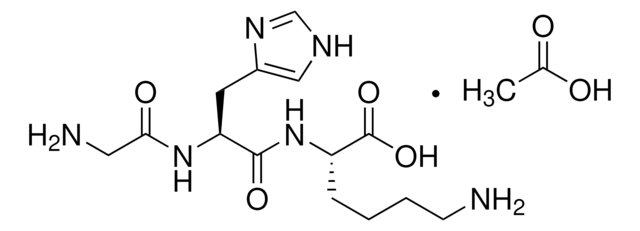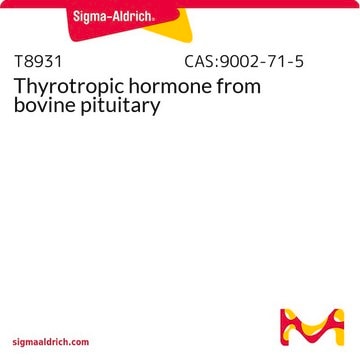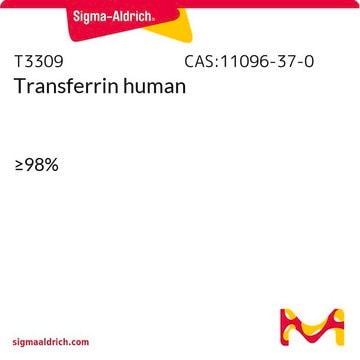G1887
Gly-His-Lys acetate salt
≥97% (TLC)
Synonyme(s) :
Liver cell growth factor
About This Item
Produits recommandés
Niveau de qualité
Pureté
≥97% (TLC)
Composition
Peptide content, ~70%
Température de stockage
−20°C
Chaîne SMILES
CC(O)=O.NCCCC[C@H](NC(=O)[C@H](Cc1c[nH]cn1)NC(=O)CN)C(O)=O
InChI
1S/C14H24N6O4.C2H4O2/c15-4-2-1-3-10(14(23)24)20-13(22)11(19-12(21)6-16)5-9-7-17-8-18-9;1-2(3)4/h7-8,10-11H,1-6,15-16H2,(H,17,18)(H,19,21)(H,20,22)(H,23,24);1H3,(H,3,4)/t10-,11-;/m0./s1
Clé InChI
MGNUTAFMLGJBGV-ACMTZBLWSA-N
Vous recherchez des produits similaires ? Visite Guide de comparaison des produits
Amino Acid Sequence
Description générale
Application
- individually or as a complex with copper to test its effect on cytokines production in the human normal fibroblasts cell lines
- as a model peptide in N,N-dimethyl-N-methacryloxyethyl-N-(3-sulfopropyl)ammonium betaine based capillary electrophoresis separation studies
- as a component of Coon′s modified Ham′s F-12 medium for culturing Fischer rat thyroid follicular cell line, FRTL-5
Actions biochimiques/physiologiques
Conditionnement
Code de la classe de stockage
11 - Combustible Solids
Classe de danger pour l'eau (WGK)
WGK 3
Point d'éclair (°F)
Not applicable
Point d'éclair (°C)
Not applicable
Certificats d'analyse (COA)
Recherchez un Certificats d'analyse (COA) en saisissant le numéro de lot du produit. Les numéros de lot figurent sur l'étiquette du produit après les mots "Lot" ou "Batch".
Déjà en possession de ce produit ?
Retrouvez la documentation relative aux produits que vous avez récemment achetés dans la Bibliothèque de documents.
Les clients ont également consulté
Notre équipe de scientifiques dispose d'une expérience dans tous les secteurs de la recherche, notamment en sciences de la vie, science des matériaux, synthèse chimique, chromatographie, analyse et dans de nombreux autres domaines..
Contacter notre Service technique












